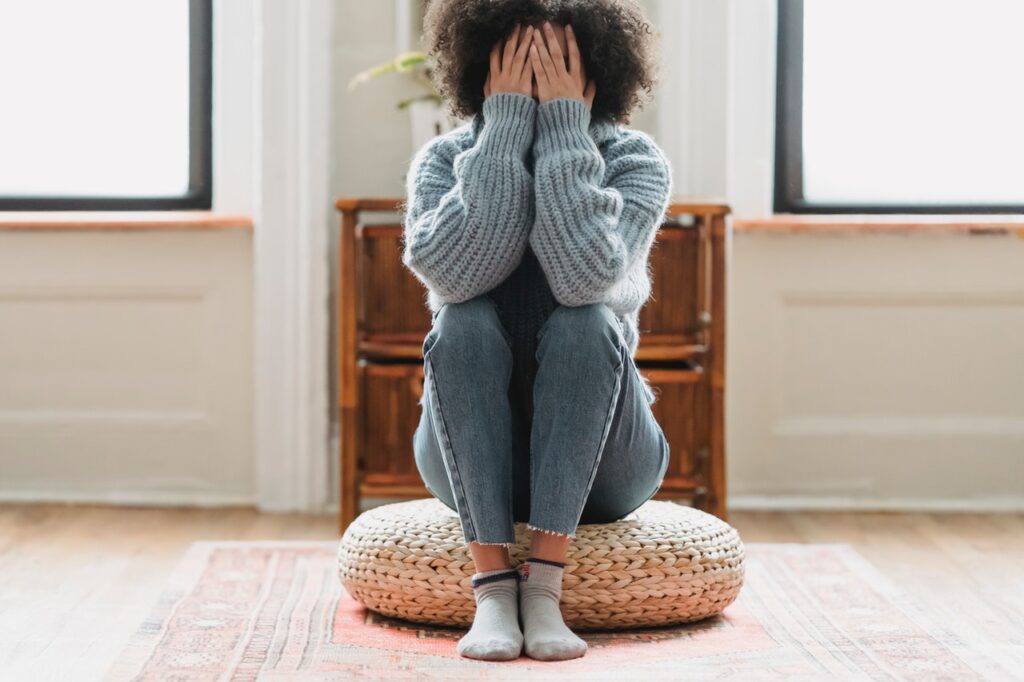 If there is one issue that can create division, and even anger, in a room full of widows and widowers, it’s the topic of dating after the loss of a spouse. Of all the subjects in all the groups that I’ve ever facilitated, this may be the most controversial.
If there is one issue that can create division, and even anger, in a room full of widows and widowers, it’s the topic of dating after the loss of a spouse. Of all the subjects in all the groups that I’ve ever facilitated, this may be the most controversial.
For some, just the mention of dating again can cause such a negative and visceral reaction -I’ve seen grievers walk out of presentations where this topic was only one small part of the conversation.
But why the strong reaction?
Does it a feel like a sense of betrayal to the deceased? Or of being rushed into something you’re not ready for? Is just the thought of having to start over, to put yourself out there just too overwhelming or too exhausting? Is it that the endeavor seems worthless as there will simply never EVER be someone as perfect for you as the partner you lost?
And is it fair that a griever has to cope with this tremendous grief while also answering questions from family and friends about whether they plan to date again? Or is it fair that a griever may face judgement from those who think that they aren’t ready to date or believe they shouldn’t?
Continue reading Dating After the Loss of a Spouse →




 ’s what you don’t expect when suffering with the grief of losing someone you love; that suddenly the majority of the people you spend time with (family, friends, coworkers) are afraid of you.
’s what you don’t expect when suffering with the grief of losing someone you love; that suddenly the majority of the people you spend time with (family, friends, coworkers) are afraid of you. When you gather a group of
When you gather a group of